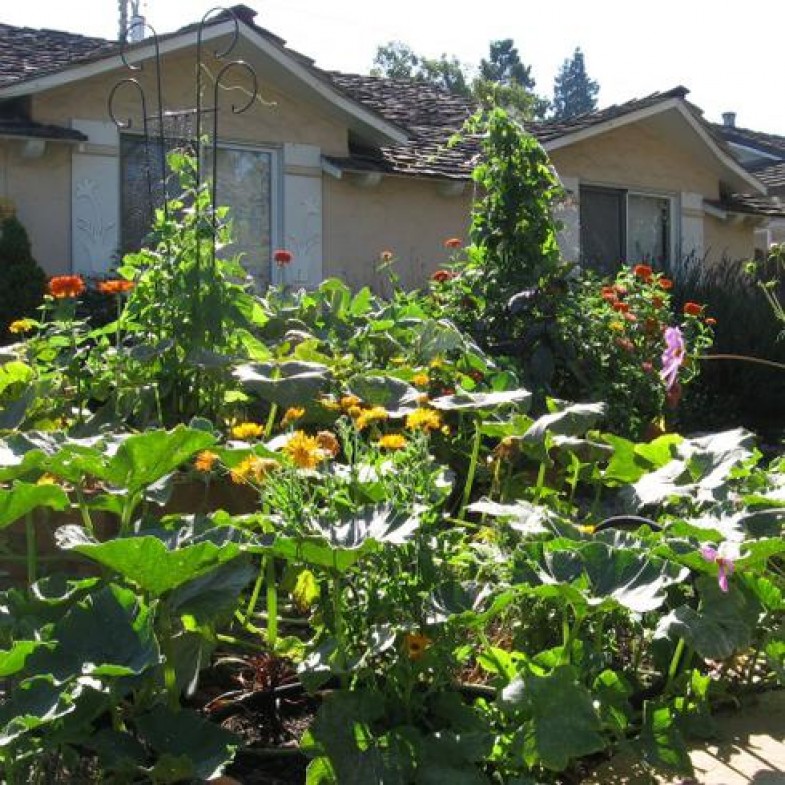Putting open source and permaculture together is a savvy combination, and in this case, it’s also really useful. Add crowdsourcing and you have a complete online resource for all things permaculture.
Sophia Novack, a self-described permaculture geek, is currently leading a crowdfunding campaign to support the creation of Open Source Permaculture, an online resource and tool, which consists of a Q&A website and wiki, as well as a free Urban Permaculture Guide eBook.
Her vision is to create a comprehensive online public resource for anyone seeking information on sustainability for their home or community. The web site would offer all the resources and support people need, just a click away.
As Novack wrote in an e-mail, she “believes that local, community-oriented solutions are crucial to creating a more sustainable, resilient culture.”
She has already been working on this project for two years by maintaining the Permaculture Media Blog and Permaculture Directory, which she describes as a comprehensive and free resources for Permaculture educational materials and course listings around the globe. The Permaculture Directory has a number of international events listed, which helps people find courses, workshops and festivals devoted to permaculture.
What is Permaculture?
At its core permaculture promotes sustainability, whether it be in agriculture or the urban environment. Novack’s Open Source Permaculture web site defines the term this way:
“Permaculture is a promising path to creating sustainable communities, founded on a system of ethics emphasizing the importance of shared values among people. The ethics embrace care for the Earth, care for the people, and sharing the excess. The gardening techniques draw from several other disciplines including natural and organic farming, agro-forestry, sustainable development, and applied ecology.”
Applying the principles of open-source to permaculture means that it is produced through a collaborative effort by peers, and the end product is available to the public at no cost:
“We believe that sustainability is for everyone. That’s why we’re creating Open Source Permaculture, a free online resource for anyone who wants to create a more sustainable world. Imagine having all the resources you need at your fingertips to enhance the sustainability of your home or land.”
If you would like to help fund the creation of Open Source Permaculture, go “here”:http://www.indiegogo.com/OpenPermaculture
Patricia Larenas was born in Chile and now lives in Silicon Valley. She writes the blog “Urban Artichoke”:http://www.urbanartichoke.com/







